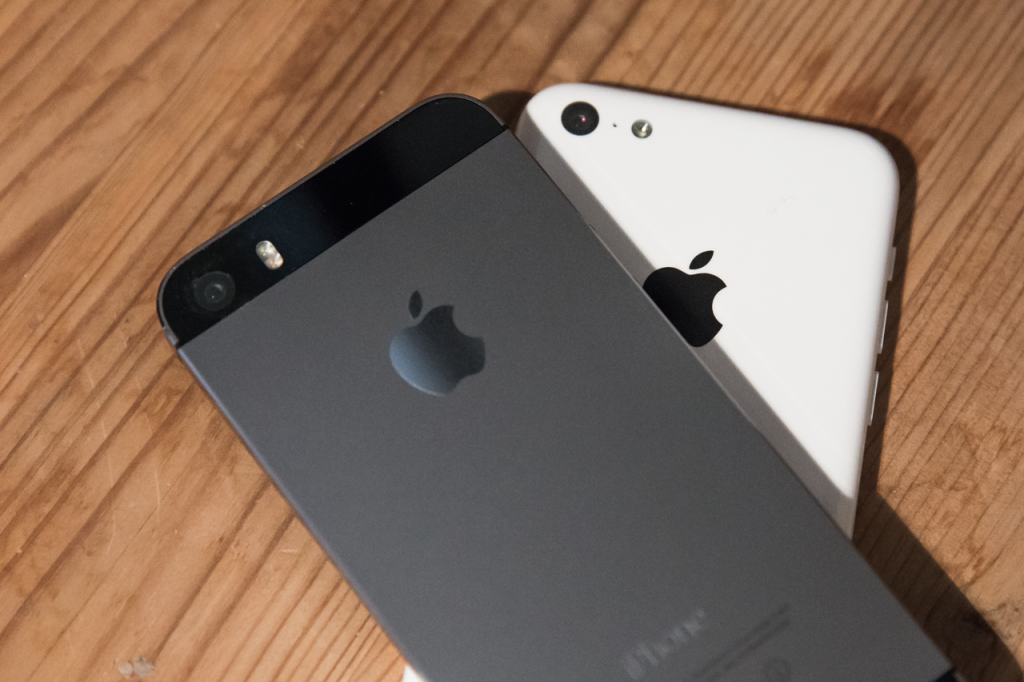
Chances are that if you’re reading this, you didn’t recently buy an iPhone in Taiwan. As it happens, that may be for the best — according to a Wall Street Journal report published earlier today, Apple has been fined NT$20,000,000 by Taiwan’s Fair Trade Commission for attempting to influence iPhone sale prices. That may sound like a lot, but the reality is considerably less dramatic — that figure only works out to about $667,000. The price tag for further noncompliance raises the stakes a bit more though, as Apple would have to shell out an additional NT$50 million (~$1.6 million).
Pretty soon we’ll be talking about real money.
As the story goes, Apple insisted on signing off on iPhone pricing plans for three of Taiwan’s largest telecom companies — Chunghwa Telecom (far and away the biggest of the lot), FarEasTone Telecommunications, and Taiwan Mobile. Under Taiwanese law, those companies should be free from any sort of corporate interference once they have purchased the rights to distribute said iDevices from Apple, which sadly doesn’t appear to be the case.
The WSJ’s report goes on to note that Apple has the option to appeal the commission’s decision, but at this point there’s no word if the company plans to avail itself of that option. I’ve reached out to Apple for comment, but seeing as how it’s Christmas, I’m not holding my breath for a speedy response.
Now if we’re being honest, this isn’t the first time a major smartphone player has been caught playing hard and fast with Taiwanese law. Samsung has also been party to its share of legal imbroglios in Taiwan in 2013, as it kicked off the year by getting slapped with a NT$300,000 (roughly US$10,389) fine for running ads claiming that its Galaxy Y Duos smartphone had an autofocusing camera with a flash. It didn’t. Samsung also came under fire later that year for crafting a astroturfing campaign that saw paid flacks attack Taiwanese competitor HTC’s products online.
And the kicker? The campaign probably wasn’t even necessary. I’ll gladly admit to being a fan of HTC’s wares, but there’s no denying that company is still facing its share of financial woes.
If we’re being totally honest, the sorts of fines that get levied on these tech titans are unlikely to cause any lasting shift in behavior. Let’s not forget that Apple has something like $150 billion (probably much more) tucked away neatly in its cash reserves. Naturally, Samsung too is well-equipped to absorb regulatory fines as it gets hit with them — revenues for the chaebol as a whole continue to account for nearly a fifth of South Korea’s GDP, with a considerable chunk of that coming from its lucrative (and prolific) consumer electronics division. Let’s consider that Samsung astroturfing case again. As Fortune’s Philip Elmer-DeWitt adroitly pointed out when this all went down, the NT$10 million fine doesn’t amount to much more than a rounding error when you consider that Samsung’s 2012 marketing budget weighed in at a whopping $5.3 billion.
Did the whole rigmarole actually work? Who knows. What is clear though is that some very prominent companies seem to think it’s easier — and perhaps more lucrative — to say sorry and take a (very) mild financial drubbing than it is to play by the rules in the first place. They might not be wrong.

ConversionConversion EmoticonEmoticon